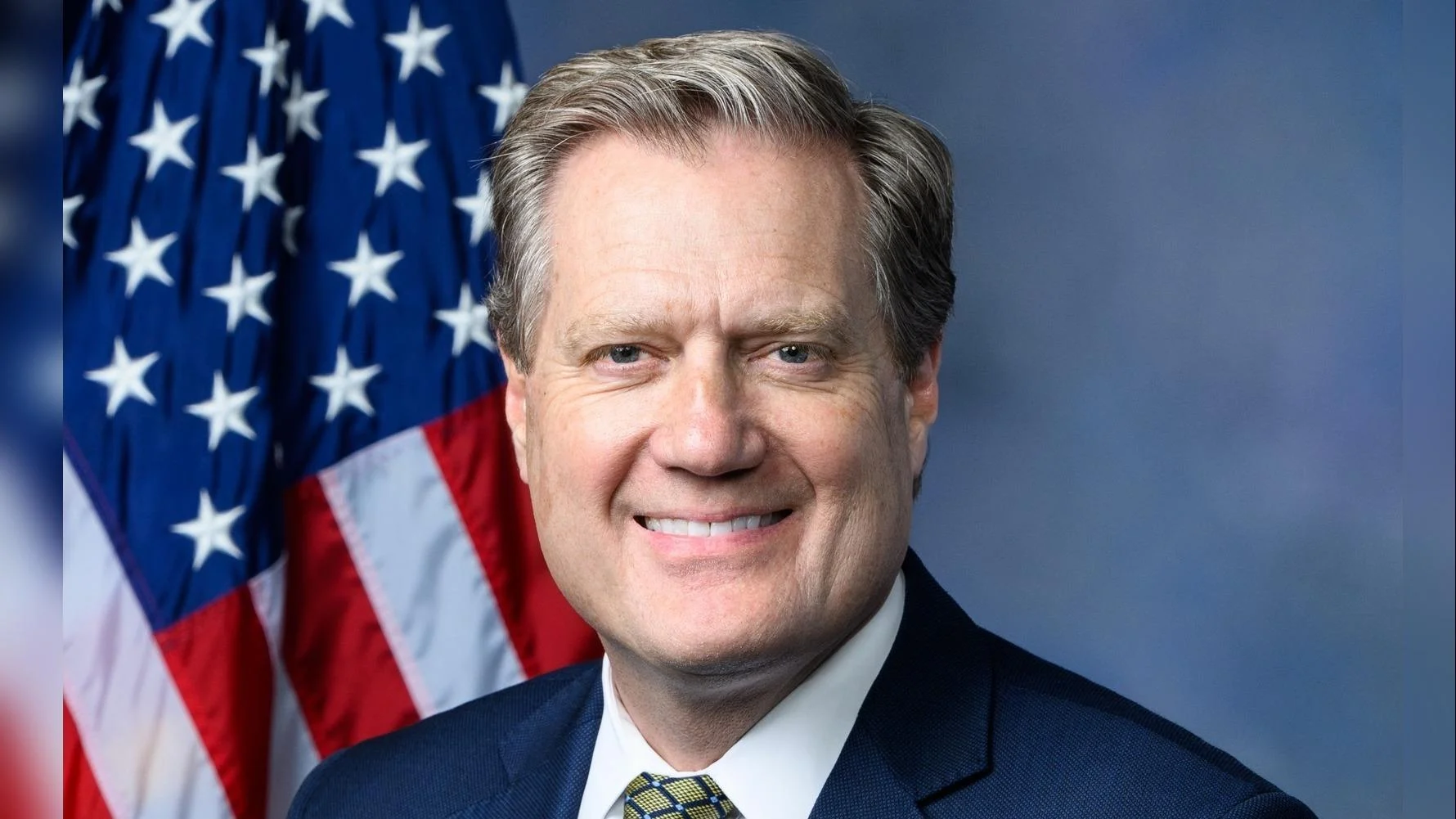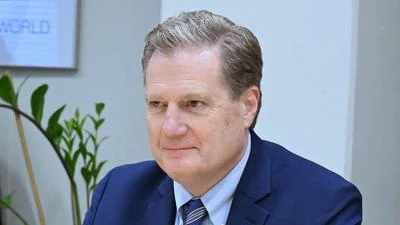U.S. Rep. Mike Turner representing Ohio's 10th Congressional District | Official U.S. House headshot
U.S. Rep. Mike Turner representing Ohio's 10th Congressional District | Official U.S. House headshot
For years, concerns have grown over the pace of change within the U.S. intelligence community. Congressman Greg Steube (R-FL), a member of the House Permanent Select Committee on Intelligence, has voiced his frustration about what he describes as institutional inertia and resistance to necessary reforms.
Steube argues that bureaucratic obstacles are preventing the intelligence community from adapting to modern challenges. He draws comparisons to companies like Blackberry and Blockbuster, which failed to keep up with technological advances and ultimately lost relevance.
“For far too long, the intelligence community has resorted to admiring problems instead of fixing them, a pattern of behavior that risks our national security and demands intervention,” Steube wrote.
He highlights his oversight roles for Open-Source Intelligence and subcommittees focused on cybersecurity and defense intelligence. Since joining these committees, Steube says he has become increasingly concerned by the reluctance of intelligence officials to adopt new technologies.
“While adversaries exploit advances in artificial intelligence, open-source data and cyber capabilities, the intelligence community remains anchored to legacy systems, outdated analytical models and rigid institutional practices. This lack of agility and innovation threatens to render U.S. intelligence obsolete. The intelligence community risks losing strategic advantage, compromising national security and becoming increasingly irrelevant in a rapidly evolving global threat environment,” said Steube.
He notes that large amounts of publicly available data are not being used effectively by agencies responsible for national security analysis. According to Steube, there is a prevailing belief among some officials that classified sources are always superior to open-source information—a view he disputes.
“Right now, there is a belief that top-secret and compartmented is somehow better or more reliable than open source, but that is plain wrong. This dogmatic and outdated thinking has permeated the intelligence community to the point of compromising our ability to identify and eliminate potential threats,” he stated.
Steube also questions the justification for an $81.9 billion budget request by U.S. intelligence agencies when much relevant information can be found through commercial or public channels without risking personnel.
“The intelligence community has requested an $81.9 billion budget, which poses the question: Why are we spending billions of dollars to collect secrets if the information is commercially or publicly available? Why are we risking American lives by operating in the shadows to search for and fail at finding information that exists online?” he asked.
He points out that Open-Source Intelligence receives minimal resources despite field officers expressing interest in greater access to this type of data from private sector sources.
“What is the point of having access to this vast amount of data if the intelligence community refuses to adapt and evolve?” Steube questioned further.
He calls on Congress to intervene so that agencies can make better use of commercially available information while ensuring taxpayer funds are spent efficiently.
“One of the most glaring issues is how the intelligence community procures and manages commercially available information. Congress must now force a course correction. It is time for the intelligence community to change and work with Congress to identify a solution that maximizes taxpayers’ return on investment while ensuring intelligence requirements are met. Open-Source Intelligence is the future of the intelligence community.”
Rep. Greg Steube represents Florida’s 17th Congressional District in Congress alongside other members such as Mike Turner who represents Ohio’s 10th district https://turner.house.gov/about. Turner has served since 2003 after replacing Tony P. Hall https://turner.house.gov/about, holds degrees from Ohio Northern University, Case Western Reserve University, and University of Dayton https://bioguide.congress.gov/search/bio/T000463, was born in Dayton in 1960, where he currently resides https://bioguide.congress.gov/search/bio/T000463.


 Alerts Sign-up
Alerts Sign-up